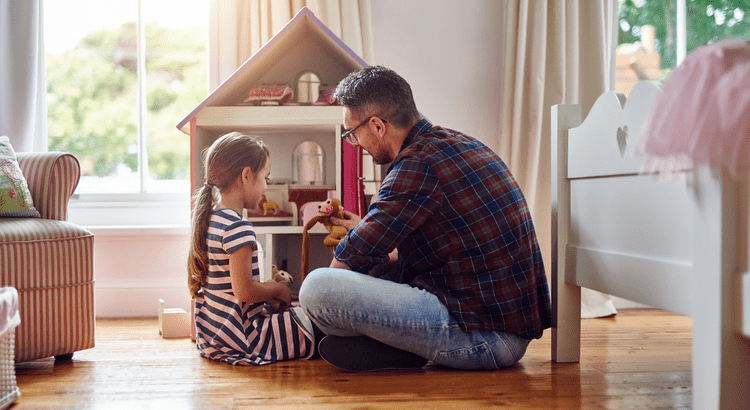What happens after the contract?
Congratulations on taking the first step towards becoming a homeowner! Now that you've signed a contract to purchase your first home, you might be wondering what comes next. In this blog post, we'll outline the steps you can expect to take after signing the contract as a first-time home buyer.
Secure financing The first thing you should do after signing the contract is to secure financing for your home. This involves finalizing your mortgage application and working with your lender to ensure that all of your financial documentation is in order. You'll need to provide a lot of paperwork to your lender, including tax returns, pay stubs, and bank statements. Make sure to respond promptly to any requests from your lender and keep the lines of communication open.
Have the home inspected Before closing on your new home, you'll want to have it inspected by a professional home inspector. This will help you identify any potential issues with the property that may require repairs or further negotiation with the seller. You can choose your own inspector or ask your real estate agent for recommendations.
Review the results of the home inspection After the home inspection is complete, the inspector will provide you with a report that outlines any issues they found. Review this report carefully and discuss any concerns with your real estate agent. You may want to ask the seller to address certain issues before closing or negotiate a lower price to account for any necessary repairs. This may be a requirement from your insurance company and/or your lender depending upon the certain type of loan you have.
Appraisal: As a first-time home buyer, you will likely need to have your potential new home appraised to determine its market value. An appraisal is an evaluation of the property's worth, which is conducted by a licensed appraiser. The appraiser will visit the property, review its condition, size, and location, and then compare it to other similar properties that have recently sold in the area. Based on this analysis, the appraiser will determine the home's market value, which is used by the lender to determine how much they are willing to lend you. In some cases, the appraisal may uncover issues with the property that could affect its value, such as a leaky roof or outdated electrical system. If this happens, you may need to negotiate with the seller to have these issues addressed before closing.
Survey: A survey is a detailed map of the property that shows its boundaries, any structures or improvements on the land, and any easements or rights-of-way. This can be important to have as a first-time home buyer because it will ensure that you know exactly what you are buying and that the property boundaries are accurate. In some cases, the lender may require a survey to be conducted to ensure that the property is accurately described in the legal documents. This can help avoid disputes over property boundaries with neighbors and ensure that the property is not subject to any encroachments or other issues that could affect your ownership rights. If you are obtaining a mortgage, your lender will likely require a survey to be completed before closing.
It's important to note that the appraisal and survey are typically not the same thing. An appraisal is an evaluation of the property's worth, while a survey is a detailed map of the property. However, both can be important to have as a first-time home buyer to ensure that you are making a well-informed decision and that your investment is protected.
Close on the property Assuming everything goes smoothly with your financing and the home inspection, it's time to close on your new home. This typically involves signing a lot of paperwork and paying your closing costs, which can include things like appraisal fees, title insurance, and property taxes. You'll also need to provide proof of homeowners insurance before closing.
Move into your new home Congratulations, you're now a homeowner! After closing, you'll receive the keys to your new home and can start moving in. You may want to plan ahead for moving day by hiring movers, packing up your belongings, and arranging for any necessary utilities or services to be turned on.
Becoming a first-time home buyer can be an exciting and daunting experience, but by following these steps, you can navigate the process with confidence. Remember to ask your real estate agent for guidance along the way and don't be afraid to ask questions or voice concerns. Good luck and happy house hunting!












